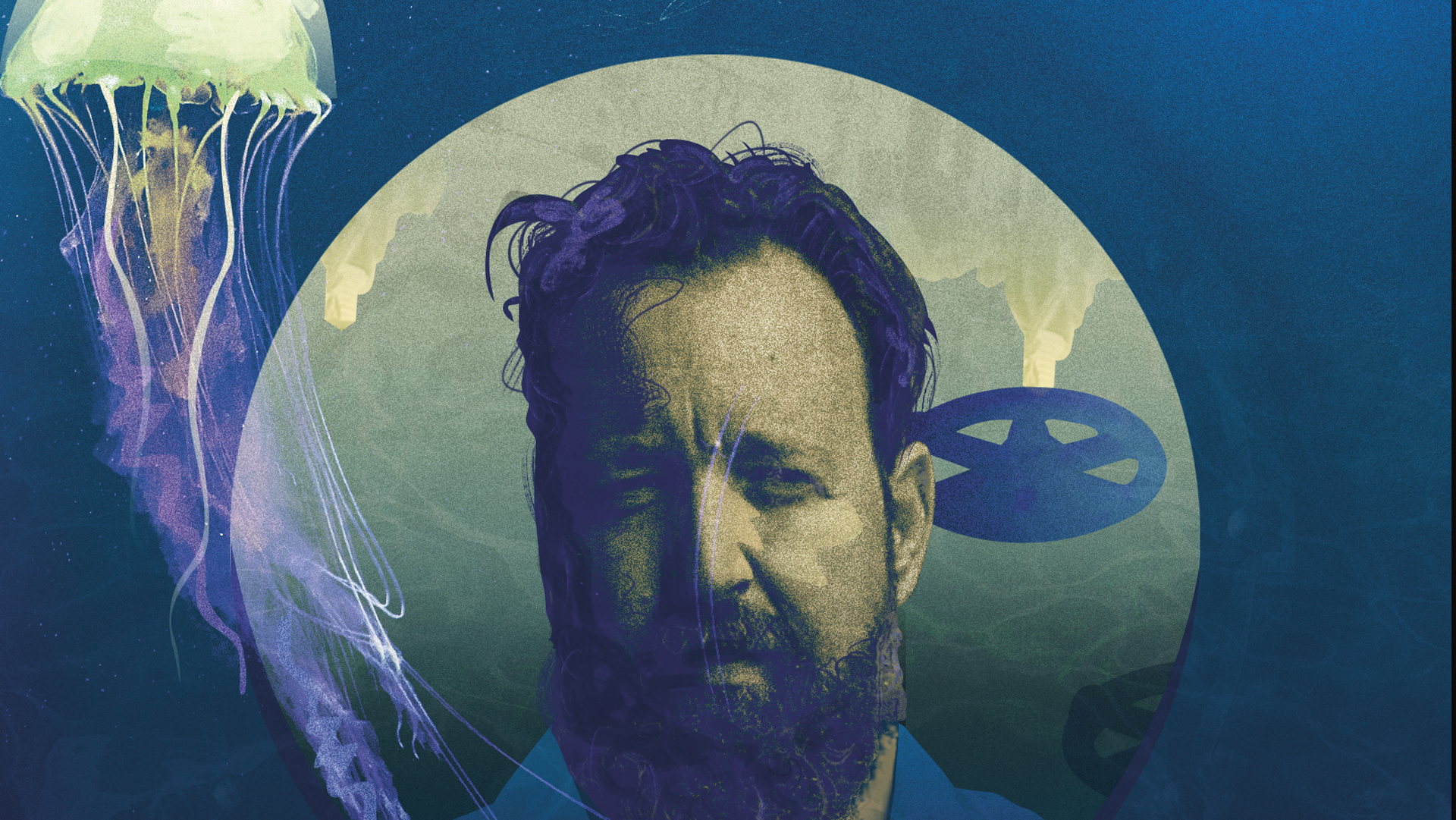My early childhood was happy, contented and merry. I grew up in landlocked Wolverhampton – the Black Country. Summer holidays were always taken in Devon, and it was here I saw a submarine for the first time.
The family would take a boat trip round Devonport admiring the might of the Royal Navy fleet. I on the other hand thought the aircraft carriers, frigates and destroyers looked old and slightly bedraggled as they sat there desperately needing a lick of paint, rusting away into oblivion.
My head was turned though by the four submarines that were tied up alongside the ships. They were sleek, menacing, athletic even – and beautifully streamlined. A wonder of nautical engineering, they could be on the surface one minute and then disappear below the world’s oceans the next. I was hooked.
During my teenage years, I became a restless soul and hungered for adventure. I had passed initial tests to join the Foreign Legion at 17, but at that age I needed permission from my parents, which would have been a no-go. So I returned to England and joined the navy. Initial training is 11 weeks of militarisation to instil discipline and team ethic. I found it tedious, brutal and of no good use – it still lingers with me today, the absurdity of it all.
Submarine school differed though; it was heaven – classroom-based, learning the ins and outs of underwater life. Training finished with four ascents of an escape-tank trainer from different depths, which consisted of a tower filled with 100ft of water to simulate an escape from an actual submarine. The final ascent is terrifying. I was pressed sardine-like into a hatch in a pressurised hooded suit. Water rushed in and pressed me up against the tower before the hatch opened and I ascended to the surface.
With training over I was drafted to HMS Resolution, then the capital ship of the Royal Navy. It was the lead submarine of the 10th submarine squadron; the carriers of the nuclear deterrent. I had all my books with me from submarine school as I thought the expectations would be more of the same, but how wrong I was. Nothing can prepare you for submarine life or indeed going onboard for the first time. It’s like stepping into a huge car engine surrounded by pipes, valves, dials and pumps, not to mention the smells. My mentor on board soon let me know about the realities of life. “Forget all that shit,” was his view on what had gone before. It soon became clear that I was no more than a human component to a machine that had the power to wipe out a continent.









